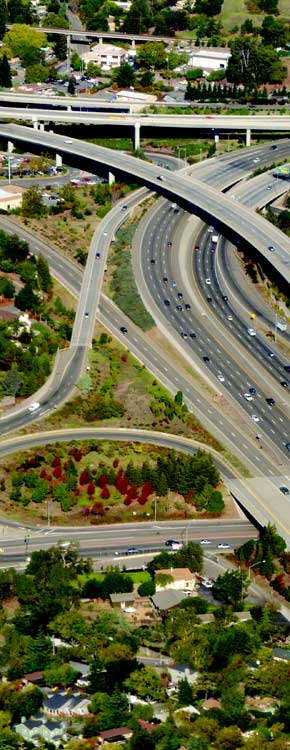
Here in the United States, we are fortunate in that multiple systems are in place, designed to react in the event of a catastrophic event. At the national level we have FEMA, the Department of Homeland Security and the National Guard. Locally, we have superb first responders in our fire and police departments, and in some communities citizens are trained in programs like CERT—Certified Emergency Response Teams. We are also fortunate to have comparatively stringent infrastructure guidelines, making widespread destruction like that which occurred in Haiti to be much less likely here.
But, we must never say “never.” Hurricane Katrina and the attacks of 9-11 were examples of how close we can come to large-scale system failures. We saw Katrina coming, and we should have seen 9-11, yet in both cases score of lives were needlessly lost. The fact is, even though we have government agencies to help, there is no excuse to be personally ill-prepared. Indeed, we must pay special attention so as not to develop a false sense of security.
So, as individuals, what should we do? When tragedies like the earthquake in Haiti occur, I cannot help but think about Boy Scouting. Now celebrating its 100th anniversary in the United States, the motto of the Boy Scouts of America has always been, and is still, “be prepared.” What could be better than for ordinary citizens to adopt this same motto?
My son, Alex, an Eagle Scout, has personally made sure our family is well prepared for just about any disaster. He has mapped safe escape routes from our home and designated meeting plans. We have no fewer than four, fully stocked survival kits that include everything from signal mirrors, emergency blankets and magnesium fire starters, to first aid kits, crank-operated radios, and MREs (meals ready-to-eat).
Is this an alarmist attitude; an exaggeration or overreaction? I don’t think so. The magnitude of the tragedy in Haiti is nearly inconceivable, but the lesson is simple: Systems can fail. Massive disaster can strike, with or without warning. To protect yourself and your family, it is best to “be prepared.”